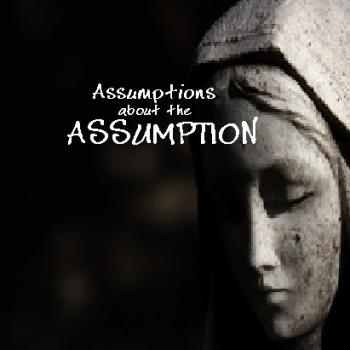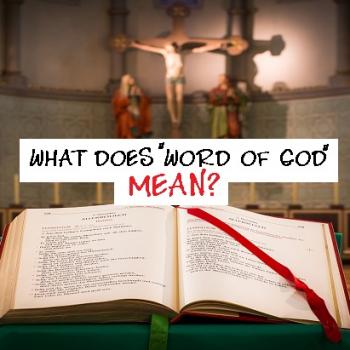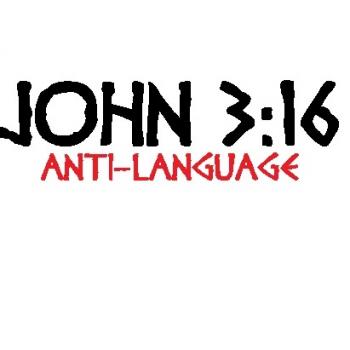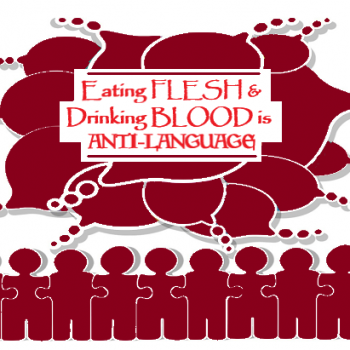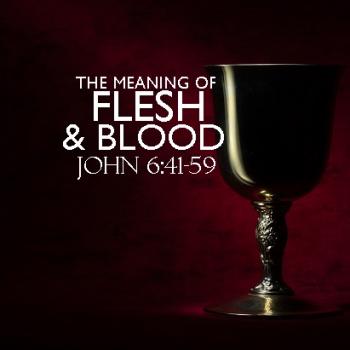Instead of looking into the future or biblical past, understanding Apocalypse lies in knowing the night sky. What is the book of Revelation all about? It seems so bizarre! Think about all those monsters and the weird imagery. Revelation is full of crazy stuff! Or maybe it isn’t crazy if you understand what the author meant. Understanding Apocalypse or Revelation is impossible without also knowing the Mediterranean sky of its author, John. Here is a video presentation explaining the visions in the Book of... Read more





